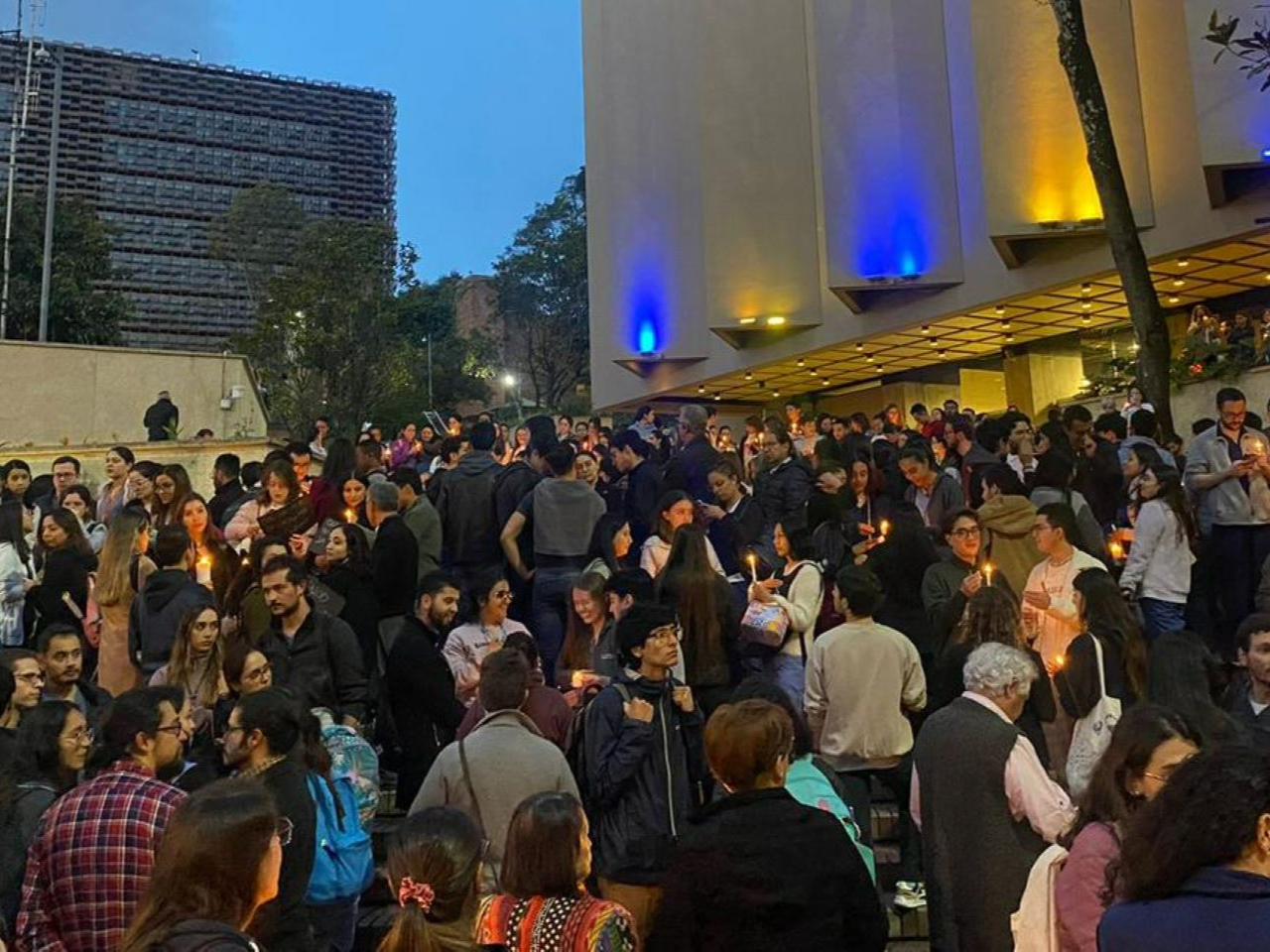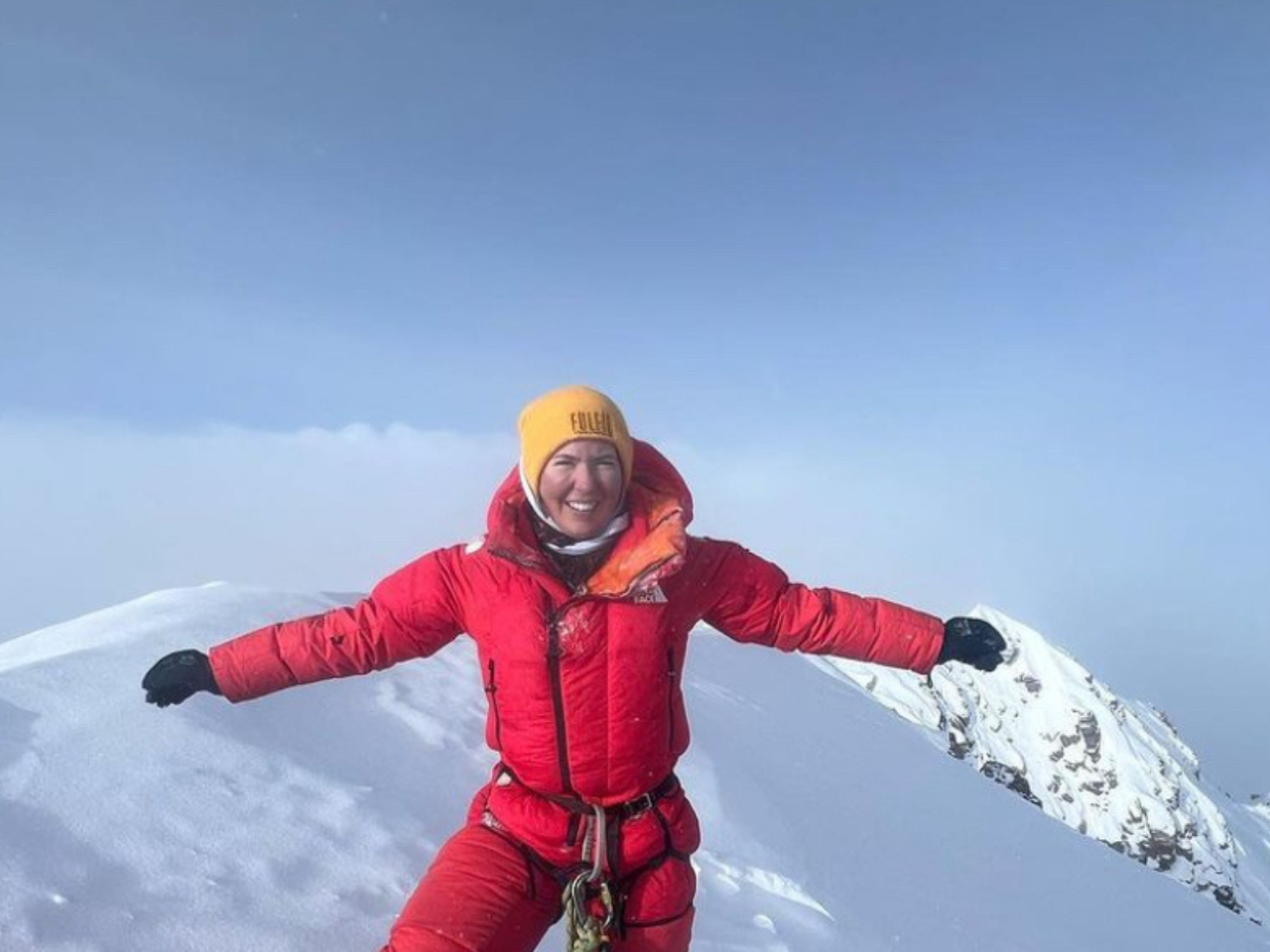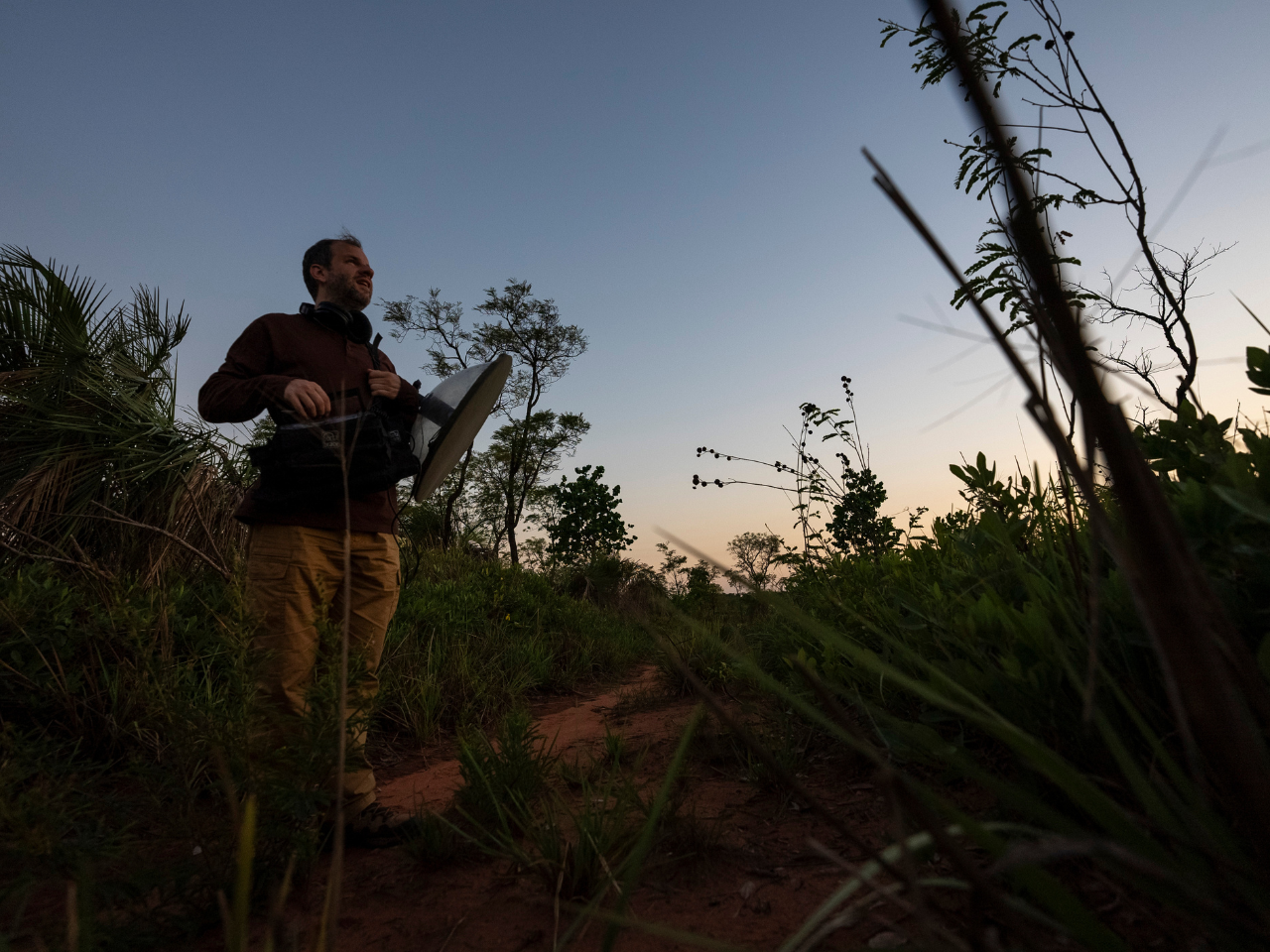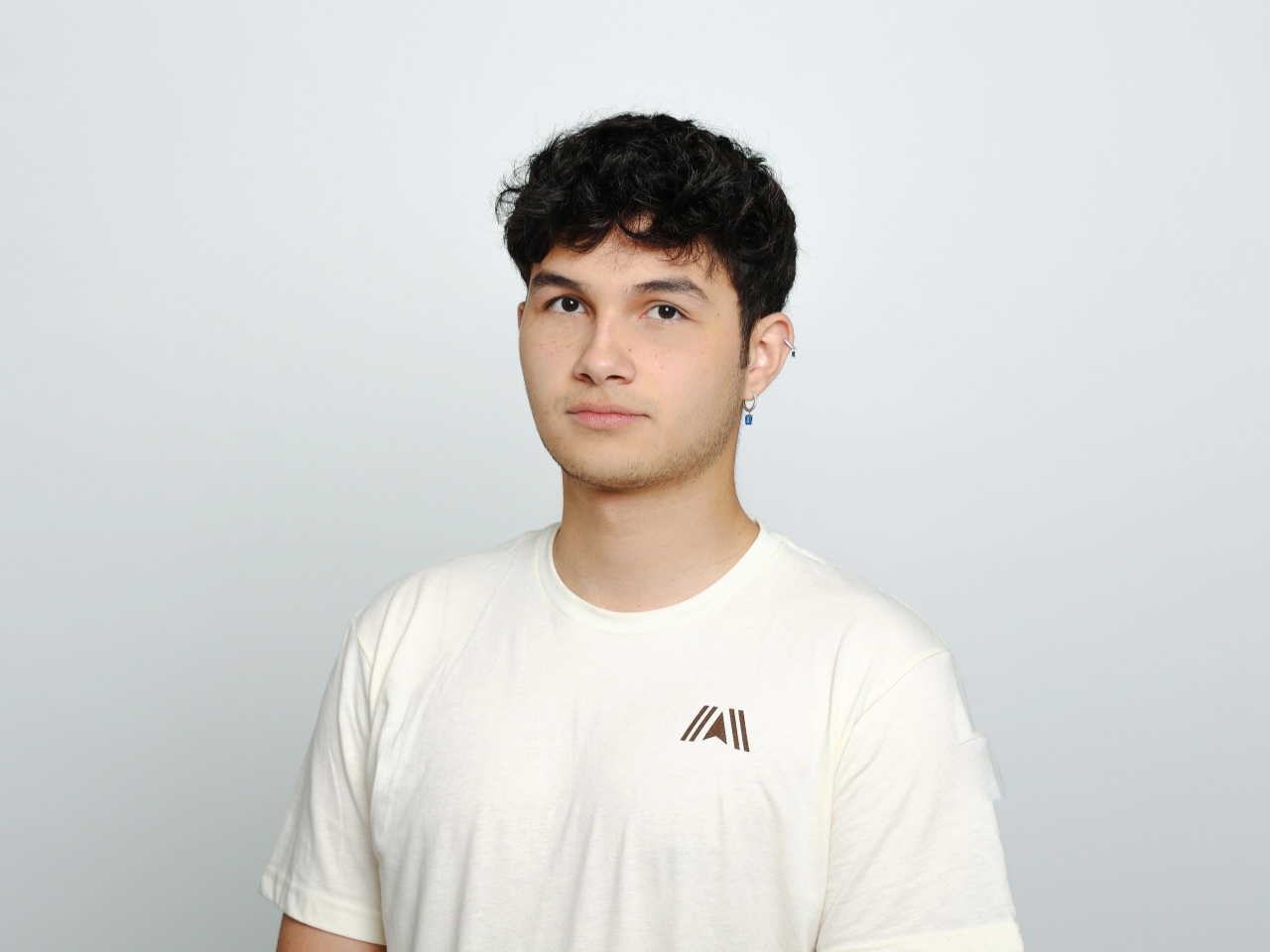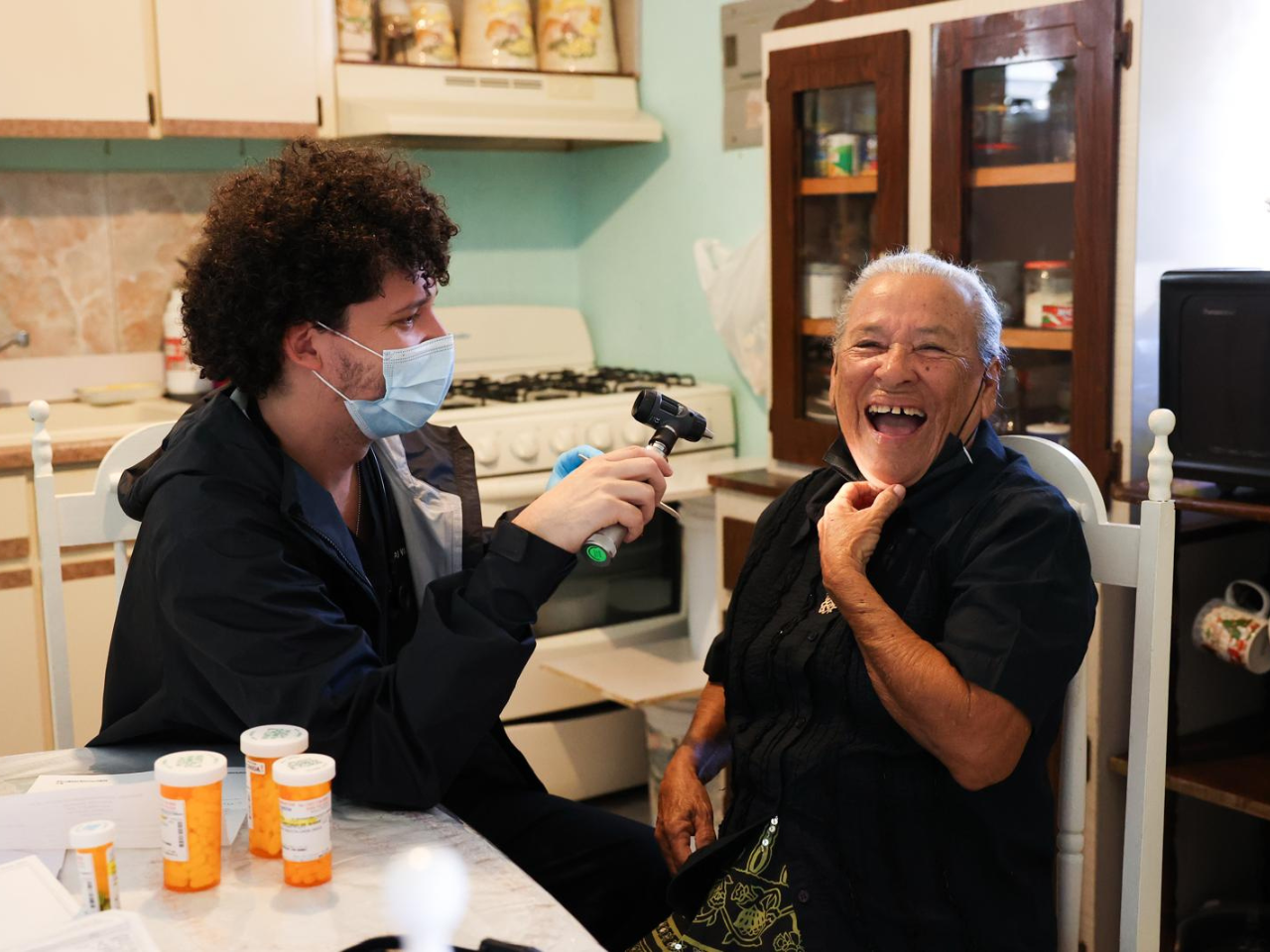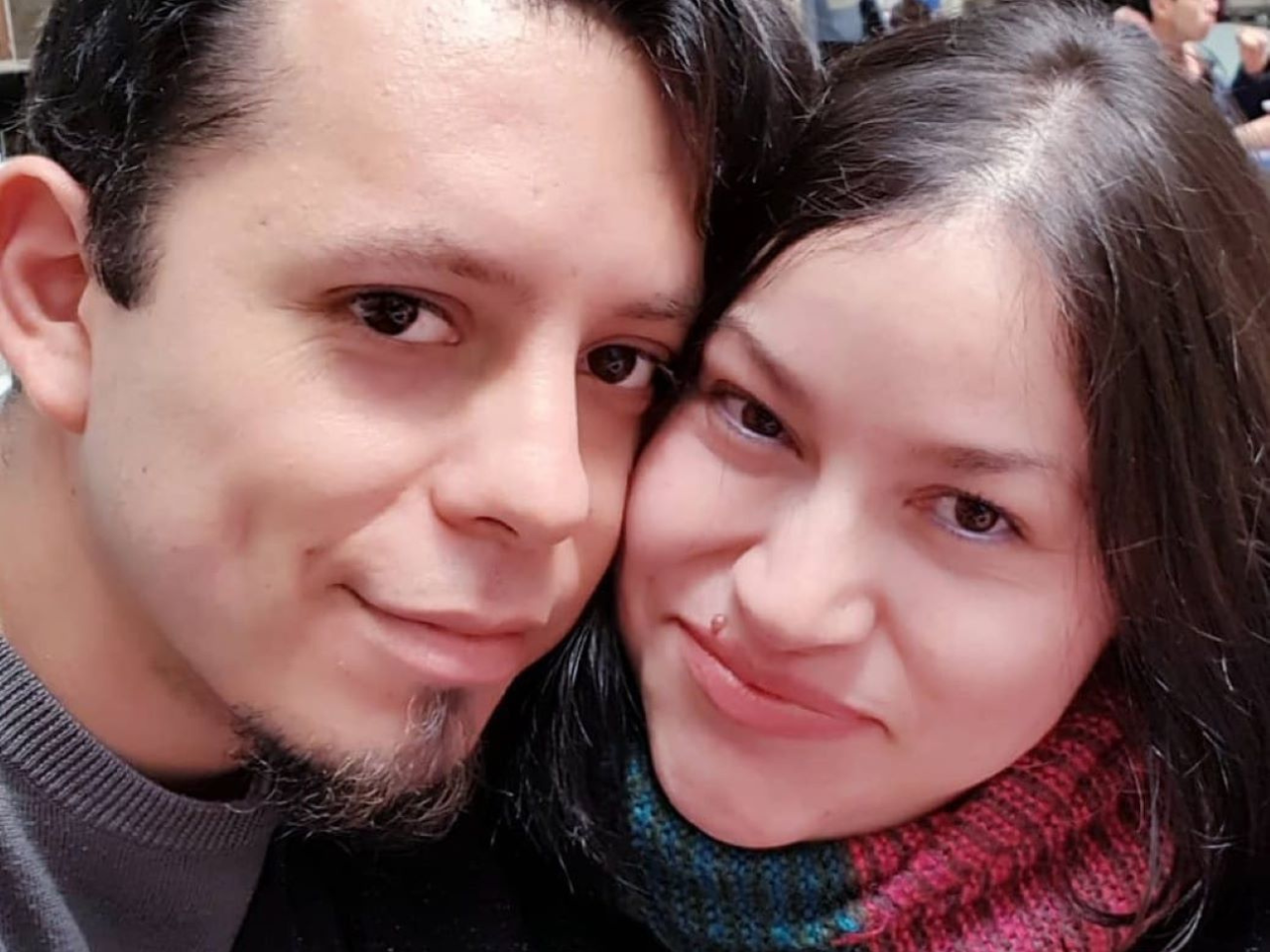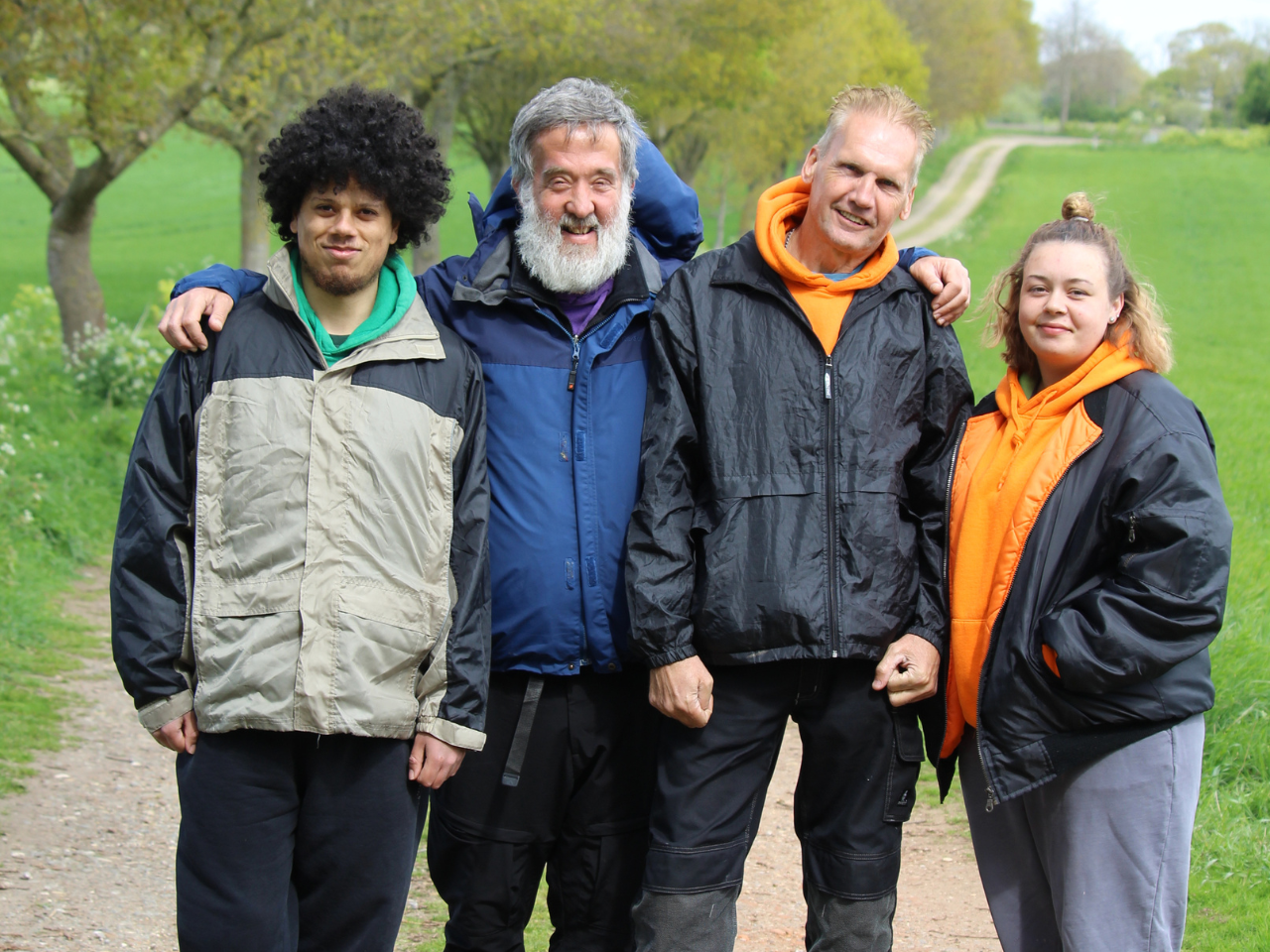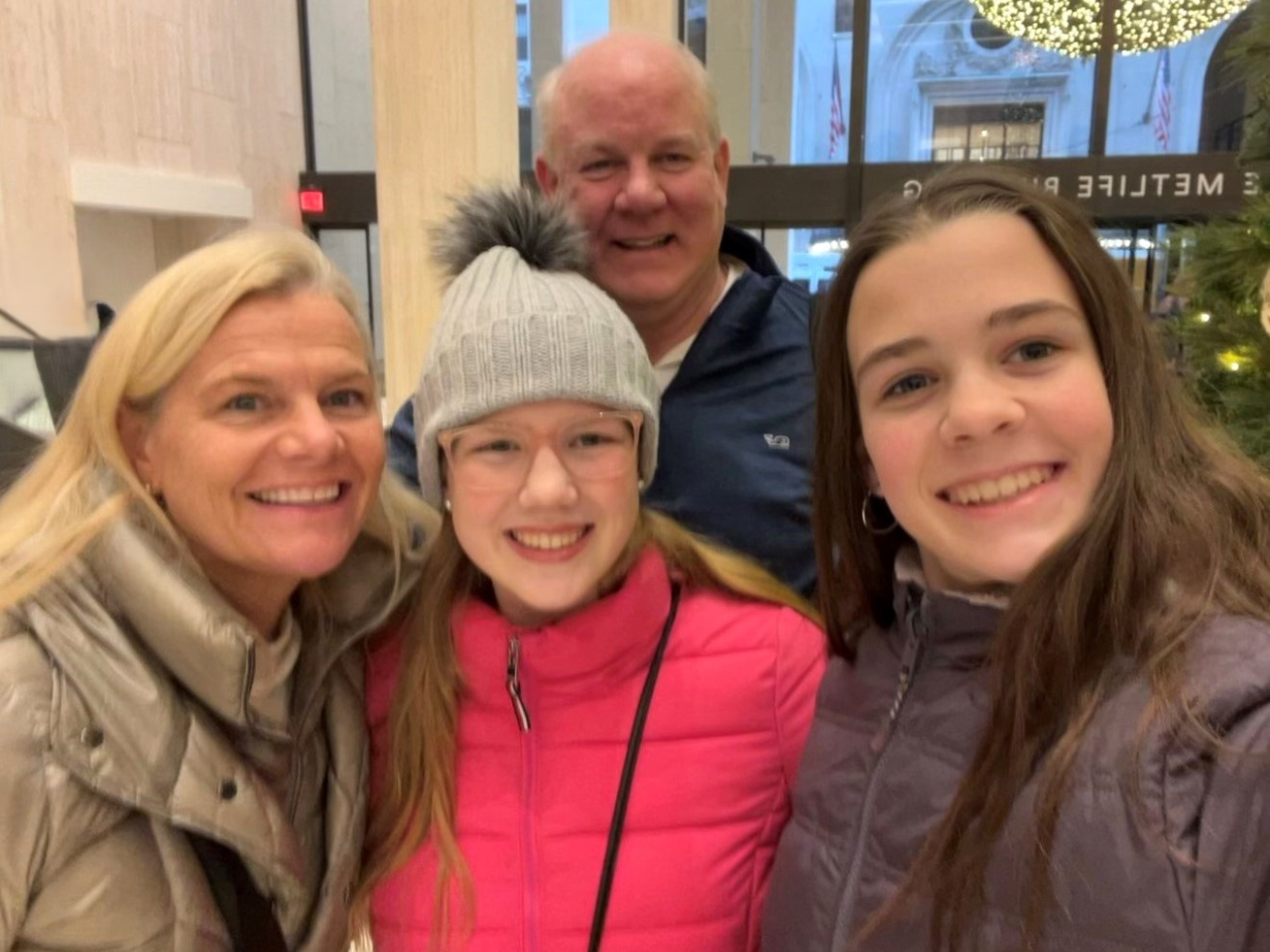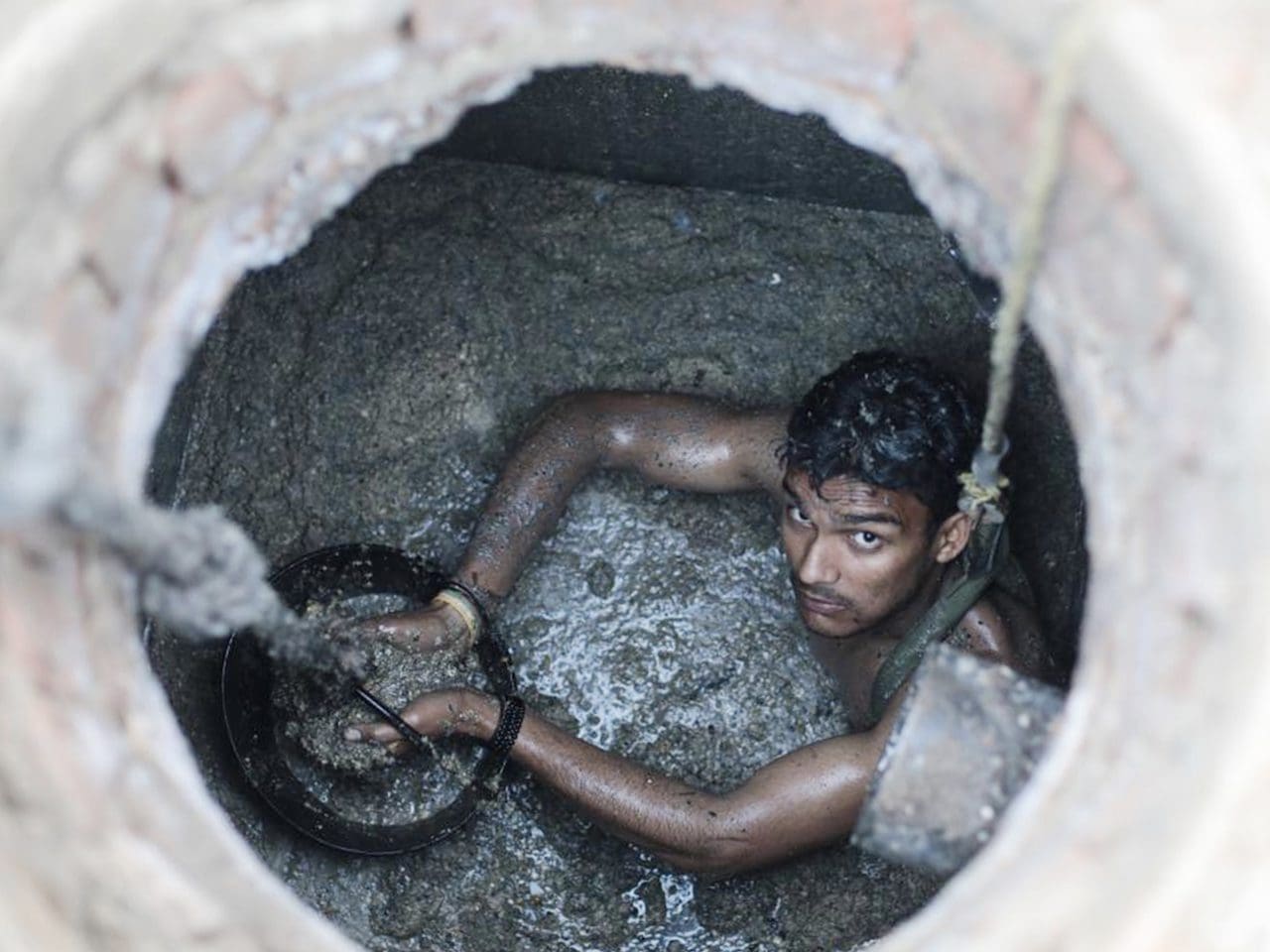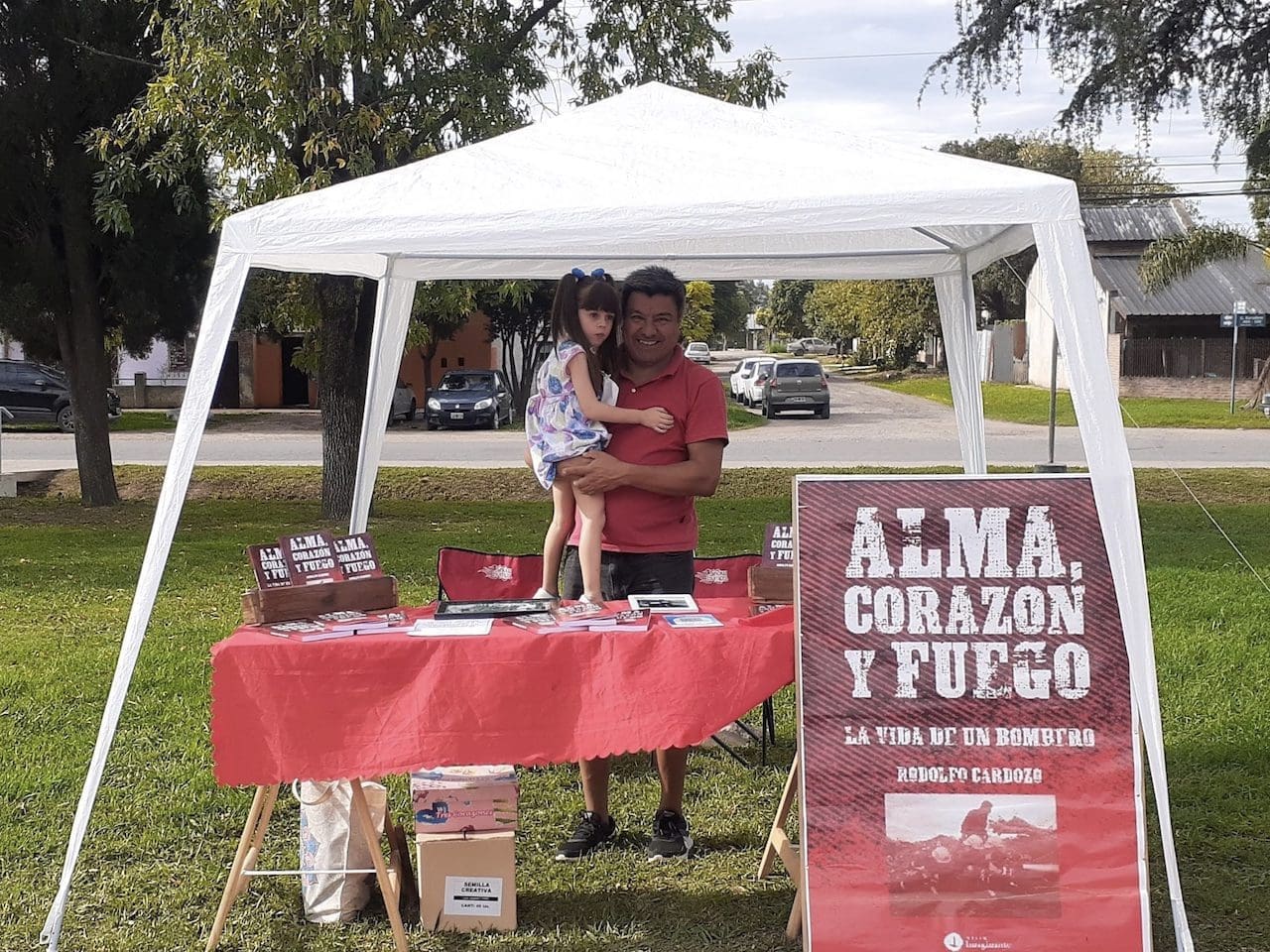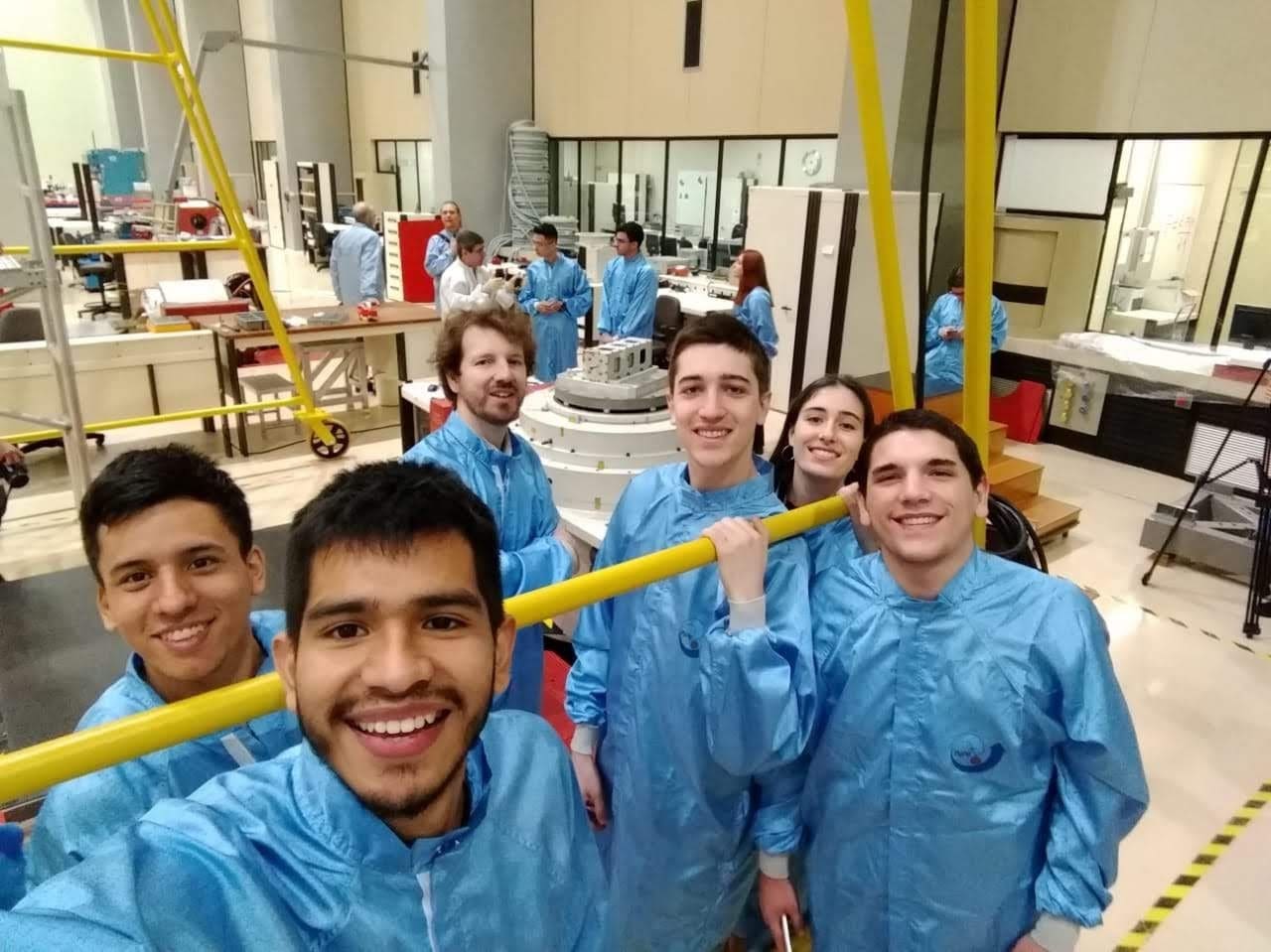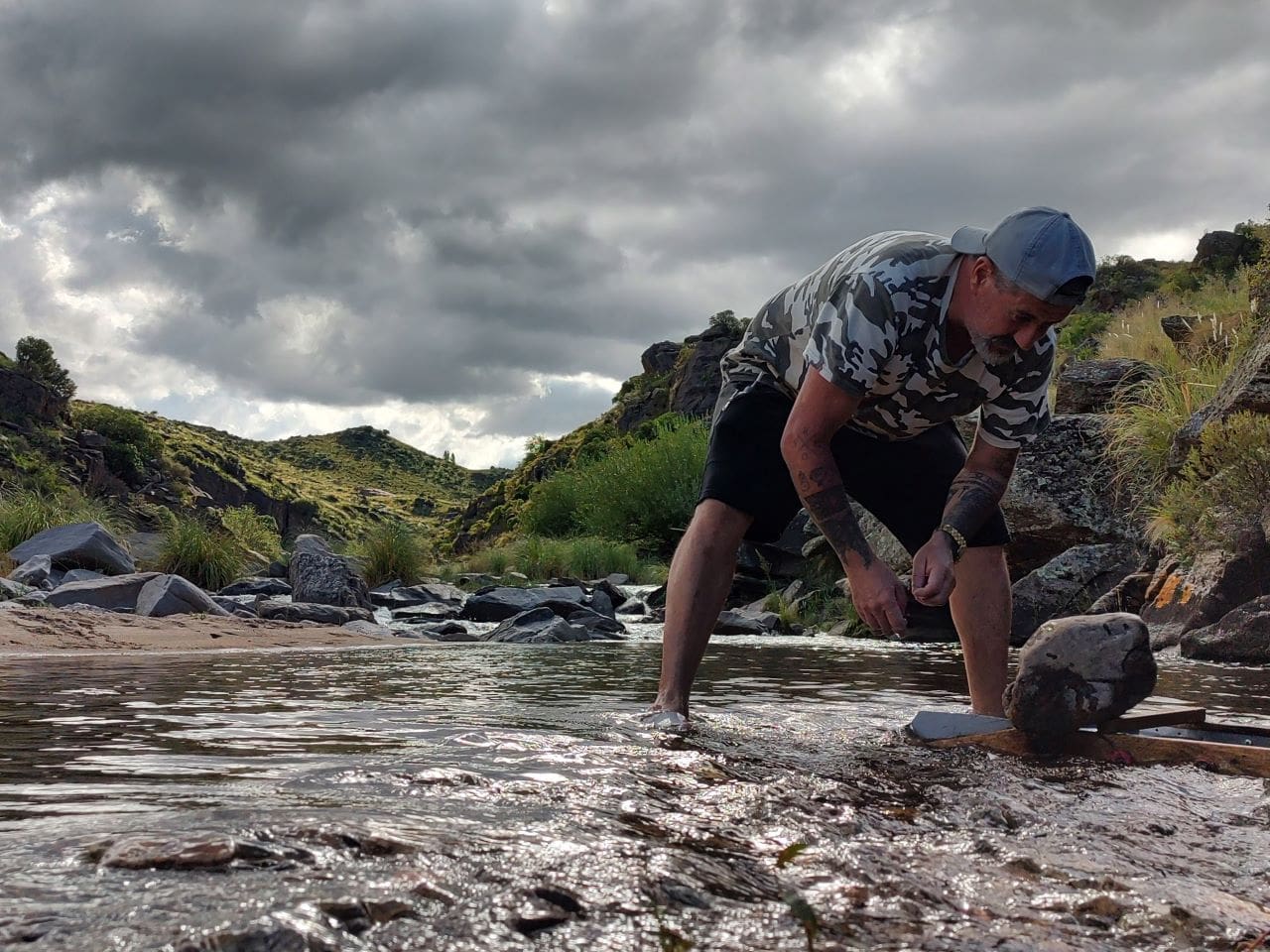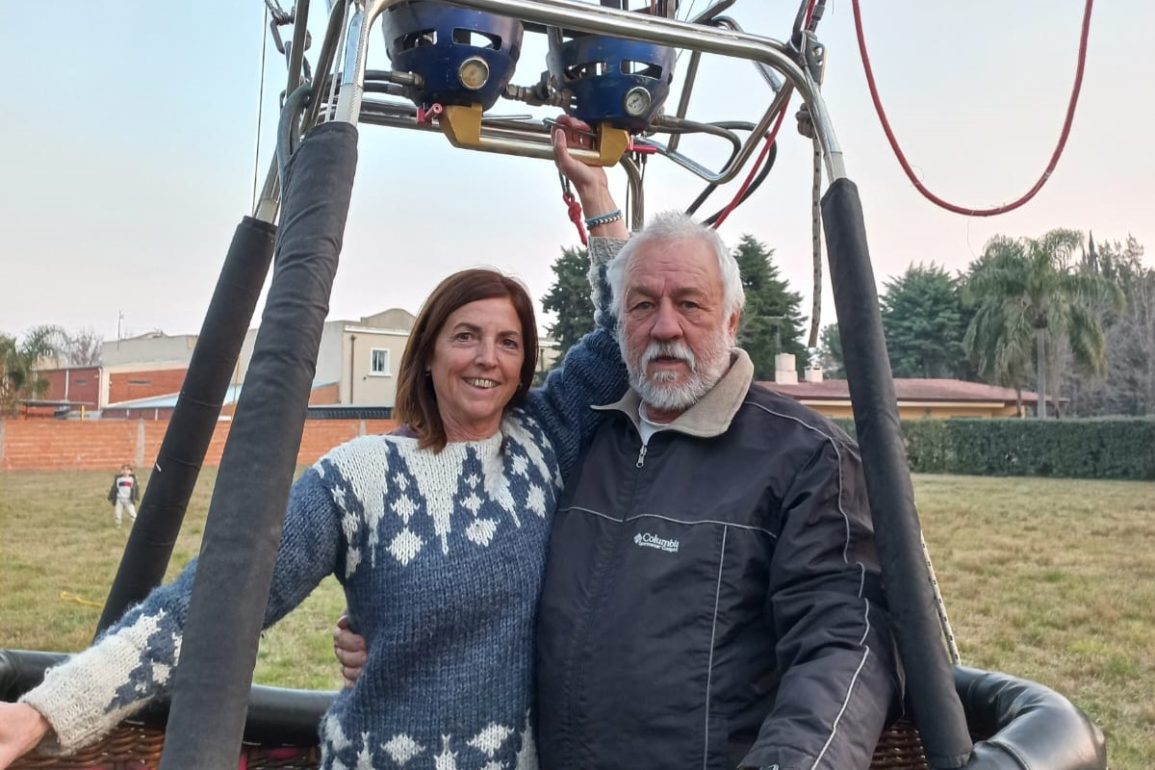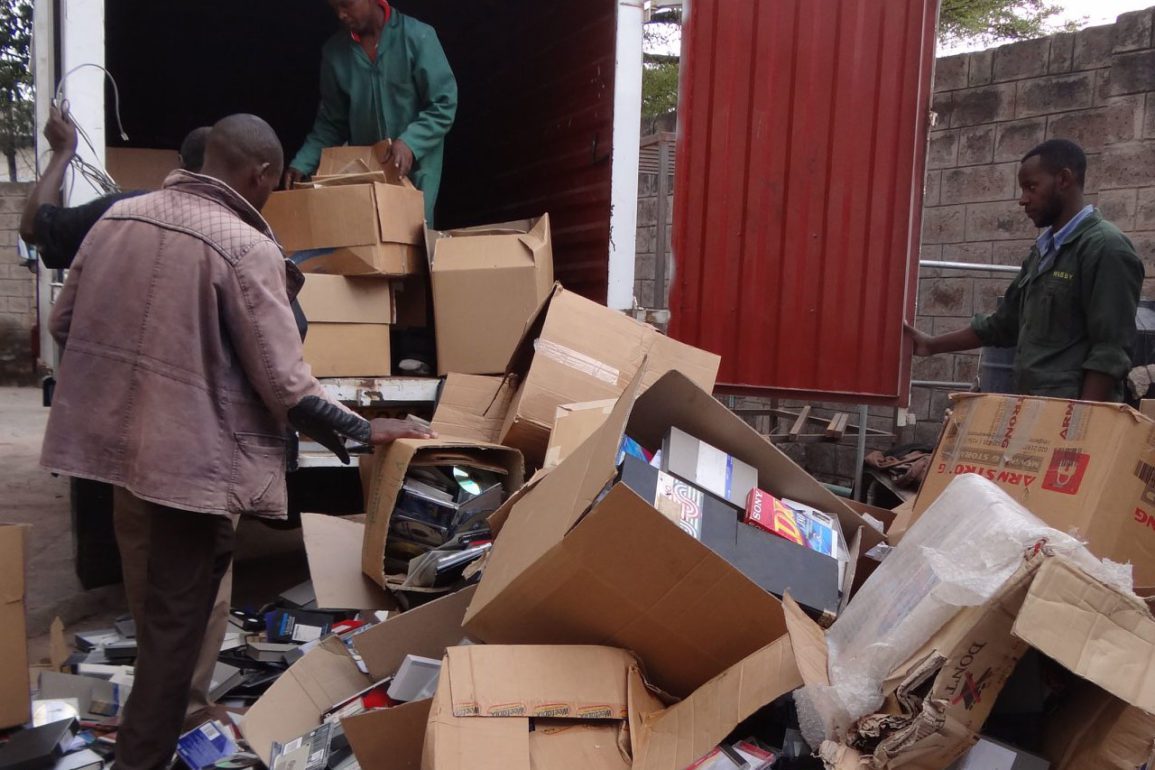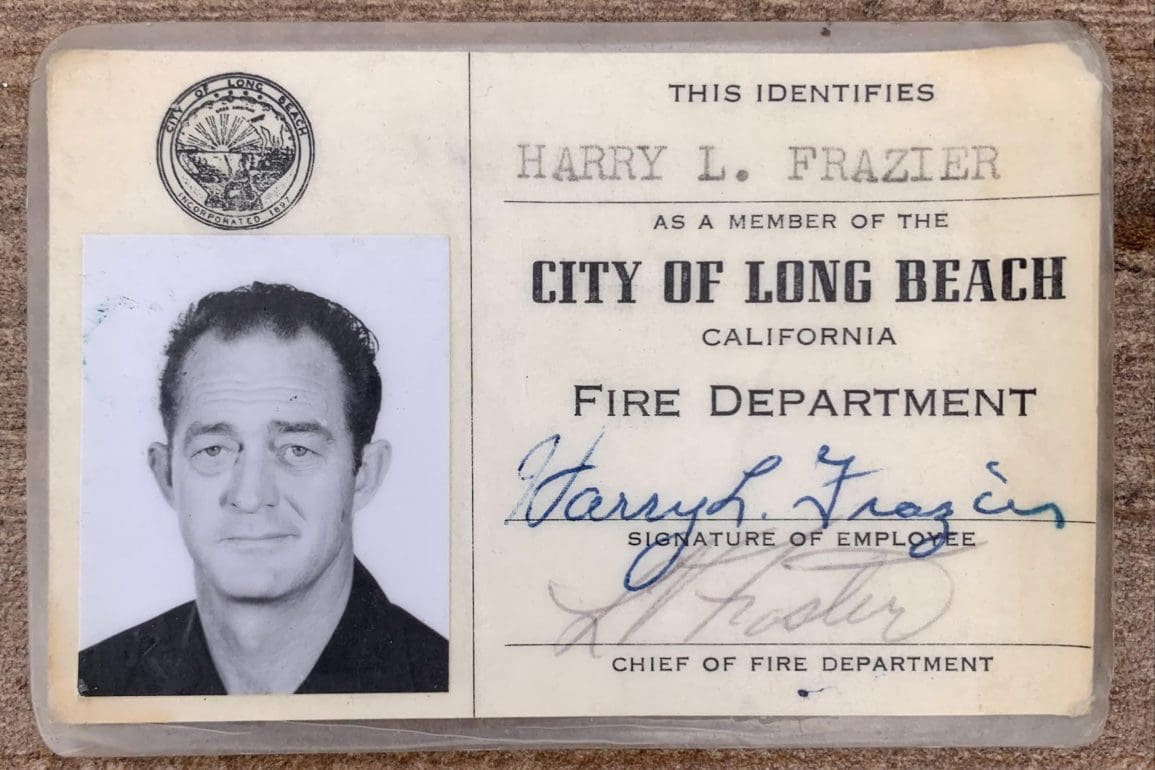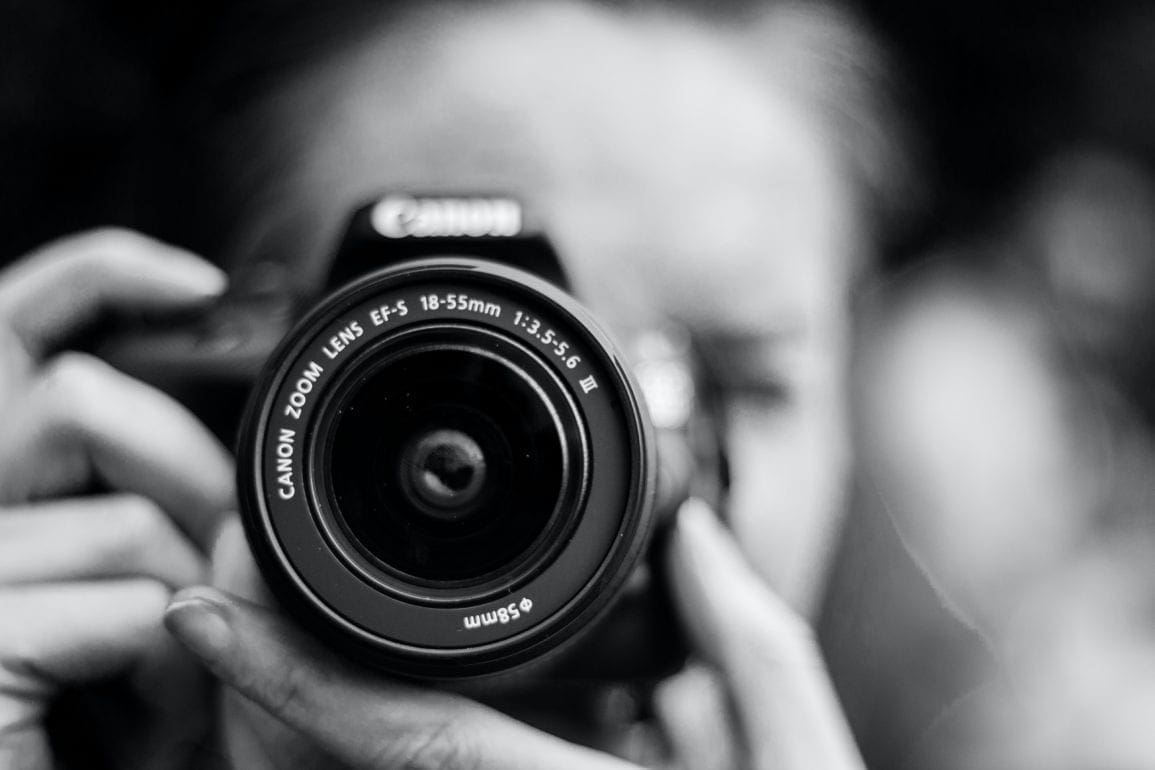I felt robbed of everything: child star Romina Vitale on battling severe OCD
People with OCD are not delusional. We are fully aware, to varying degrees, that these intrusive thoughts don’t make sense, but we struggle to let go of them. Our minds and bodies attempt to protect us, albeit in an exaggerated, irrational manner. Globally, the trivialization of the term OCD is unfortunately common.
- 3 years ago
May 22, 2023

BUENOS AIRES, Argentina — I have lived with Obsessive-Compulsive Disorder (OCD) since birth. Ten years ago, the symptoms worsened, and I finally received a diagnosis. It caused me to lose nearly everything, rendering me incapable of accomplishing even the simplest tasks. However, through a long and complicated journey, I regained control of my life.
I reignited my musical career and used it to provide care and visibility for others suffering with OCD. I share my experiences publically so people can understand the disorder without all the stigma surrounding it. Even more importantly, I have learned to embrace and savor the simple joys I avoided and missed out on for an extended period of my life. Though it often comes with a sense of fear, I finally allow myself to experience those moments.
Becoming the “star girl” and the start of my symptoms
Typically, OCD symptoms become more pronounced during adolescence or post-adolescence. Even as a child, I displayed symptoms, but they went unnoticed. For a while, I engaged in OCD behaviors like performing rituals and making hand gestures to ward off bad luck. These actions seemed like a joke at the time. I also experienced mental compulsions, where I believed specific thoughts and movements could prevent something bad from happening. It was my grandmother who first noticed something strange about the way I moved my hands.
At the age of four, I played in my dad’s recording studio and even recorded a song. During that time, my dad’s band, Los Bárbaros, got hired for a tour in Paraguay. My dad took me along. Initially, the band traveled for interviews before the shows. When my mother and I arrived at the Asunción airport, a crowd of people greeted us. They called me “The Star Girl,” held signs, and asked for autographs. I learned how to write my name just to sign them. I felt bewildered and evokes more than positive moments.
The following weeks felt even stranger to me. We had three shows a night, lasting until 5:00 a.m. I celebrated my fifth birthday during that tour. I used to fall asleep in between shows and get woken up before the next one. The thrill of being on stage felt enjoyable, but it also felt overwhelming for someone so young. It got to be too much to handle at times. On one occasion, they put me on a bench in a store. A long line of people gathered, wanting to touch me and, in return, brought me small gifts. It left me extremely anxious and affected me deeply.
The more I succeeded, the worst my OCD got
At one point, a Mexican producer expressed interest in hiring me to pursue a solo career internationally. My parents had doubts, but eventually refused. When I returned to Buenos Aires, I shared my experiences with my classmates in kindergarten. However, my teacher dismissed my stories as lies, which felt difficult to accept. During my teenage years, my OCD symptoms became even more peculiar. As I walked down the street, when an intrusive thought emerged, I came to a complete halt at a corner and refused to cross until the thought vanished. I took steps backward, sideways, and then forward again, repeating the pattern until I felt ready to move forward. My friends found it amusing.
My relationship with music continued, accompanied by mixed emotions. While recording my first album, my partner, who also served as the co-producer, physically and verbally abused me. It traumatized me. Simultaneously, I felt immense pressure due to the high expectations placed on me. The weight of it all started to take its toll. My second album received the Gardel Award for Best New Album by a pop artist. Around this time, I started experiencing more severe symptoms of my OCD. I felt a constant sense of vulnerability. Winning the award somehow exacerbated these issues further.
I felt an overwhelming anguish, uncertain about what I should do next. Did I have to become famous? Did everything that followed have to be exceptional and brilliant to meet those expectations? As an independent artist, I brought the award home and felt incredibly isolated. I was hailed a rising star, and yet, it only intensified my feelings of uncertainty and anxiety. My OCD skyrocketed.
I lived in constant fear and isolation, refusing to touch anything
Suddenly, I believed the outside world was contaminated. I refused to step foot outside and found solace only in my bathtub. For hours, I sat in it, writing on my tablet. From a place of vulnerability and confusion, I reached out to people with OCD, articulating my experiences. This eventually led to the creation of my book, TOCada. People often misconstrue OCD. They think the disorder just means someone is overly clean and organized. However, the opposite was true during the severe stages of my OCD. My bedroom became a chaotic mess of dirty papers because I refused to pick anything up to avoid contamination. I stacked garbage bags that I could not throw away. I knew it was absurd, yet the anguish I felt prevented me from taking action.
My excessive showering led to fungus infesting the bathroom. It took a significant amount of time for me to feel clean. I had a precise ritual, meticulously washing from head to toe, over and over again. Once I felt it was enough, I would step out of the shower without drying myself, afraid that the towel would contaminate me. My only objective became to reach my bed, the only pristine place that perpetually smelled of disinfectant. If, for instance, I accidentally touched the wall with my elbow on the way from the bathroom to my room, I would have to take another bath. If I inadvertently touched a bag with my foot, I had to take a third bath. I would be in tears, utterly exhausted. Upon reaching my bed, I would lie down naked and wet, completely drained, and immediately fall asleep.
The illness slowly ruined my life, consuming every moment of it
Sometimes, if my bed seemed contaminated, I stood next to it, crying from exhaustion, unable to sleep. During that time, I barely had any clothes. I gave away almost all of them, feeling terrified to wear anything. My weight dropped significantly, and I became malnourished. Eating felt extremely challenging, as intrusive thoughts never left me. Cooking was no easy task either.
As I grabbed a pot to make noodles, an intrusive thought would tell me the water was contaminated. I discarded the water and repeated the same process dozens of times. Occasionally, I managed to overcome this compulsion and start cooking. However, if an intrusive thought emerged right before I took a bite, I had to discard the food. My mouth salivated in response to stimuli, and I felt so hungry, yet I still could not bring myself to eat.
Compulsions consumed most of my days. The only time I experienced respite came when I managed to lay in bed and give my mind a moment of rest. I felt exhausted every single day. During certain stages, I relied on my mother or friends to physically guide me and ensure I ate. My energy levels fell extremely low, and I failed to attend to even my most basic and vital needs. It became crucial to have outside support and, above all, to seek immediate therapy. Accepting help remains difficult. Although I recognized the necessity of it, I often felt enraged by the perceived risks it exposed me to. The attachment we form with our symptoms and the OCD cycle can be immensely powerful.
Learning to accept myself
Rewards played a significant role in my recovery. I developed a strong liking for a guy and wanted to present myself well to him. With very few clothes at my disposal, I managed to muster the courage to enter a store and buy a T-shirt. I wore the shirt without washing it, fully aware it went against the worst fears of my OCD. However, my motivation felt greater than the fear. At first, I experienced great discomfort as if an alarm went off all over my skin and throughout my body. It felt like a constant battle not to succumb to the compulsion of removing the shirt. Eventually, my brain learned there was no real danger, and the burning sensation associated with the clothing subsided. The process became clearer over time.
When anxiety reached its peak, it felt like the end of the world. However, once the shirt remained on and enough time passed, the anxiety became more flexible. The real challenge comes in overcoming the initial hurdle. I believe I would not be fully myself without my OCD. It remains a part of me, like all my other facets. However, we must understand our diagnosis does not define us as individuals. We remain multifaceted beings with much more to offer than our struggles.
A time existed when I felt a deep sense of anger about not being neurotypical and being unable to do what others did in a seemingly effortless manner. It bred resentment within me. I experienced sadness over the things I felt I could not have; things like walking on the beach, embracing family, or having a partner and children. It felt as though everything remained forbidden to me.
The road to recovery
Over time, I learned to navigate through my unique experience. I discovered ways to transform my challenges into contributions and to offer support to others. I still face struggles in certain aspects of my life. For instance, when I walk to a bar just four blocks away, I rely on my friend Andrea to wait for me at the corner. This reinforcement serves as motivation. The greatest prize comes when I see my mom’s excitement, my dad’s smile, or a friend sitting down to share a beer with me. These moments bring me immense joy in my recovery. The first time I hugged my dad again after a long period, it moved me deeply. I see my parents as great treasures in my life, and no longer want to miss out on opportunities to connect with them.
I believe my OCD has shifted from severe to moderate. Now, I must determine how to fill that space no longer occupied by OCD and manage it effectively. The possibility of relapse always lingers, as OCD is a chronic disorder, but I have acquired tools through exposure therapy and response prevention. A bad week or a rough day does not mean that all the progress collapses. I am equipped to navigate those challenges and continue moving forward.
People with OCD are not delusional. We are fully aware, to varying degrees, that these intrusive thoughts don’t make sense, but we struggle to let go of them. Our minds and bodies attempt to protect us, albeit in an exaggerated, irrational manner. Globally, the trivialization of the term OCD is unfortunately common. This trivialization delays treatment and diagnosis for many individuals who genuinely need help. Due to the humorous portrayal of OCD, they may feel embarrassed to seek support.




